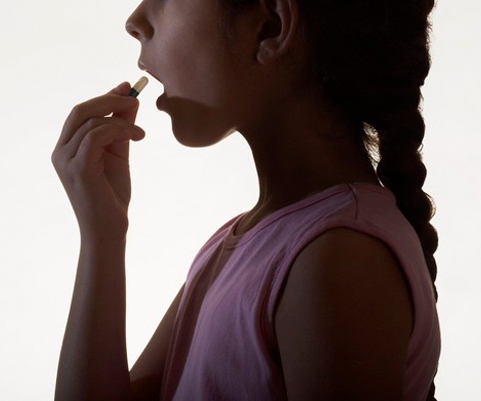
Children fleeing Central America are victims of structural violence—ways in which larger social structures oppress individuals. The reasons their families are fleeing to the United States are inextricably linked to U.S. foreign economic and criminal justice policies in Central America; not just a desire to come to the U.S. Not only have these children experienced tremendous violence in their countries of origin, and often en route to the U.S., but our government is compounding matters by its policies and actions.
We find the current child separation strategies by the Trump administration to be fertile ground for significant human rights abuses and, among other concerns, we are deeply disturbed that separated children are forcibly being given psychotropic medications while in government detention centers. According to a court brief, children were forced to take medications including benzodiazepine tranquilizers, which have addictive potential, as well as mood stabilizers generally reserved to treat bipolar disorder, and antipsychotic medications.
Given that these medications are being prescribed to children who’ve been forcibly removed from their parents, there is no informed consent for administering such medications. Even if the children themselves agree to take the drugs, in most states they are not able to consent to treatment because they’re minors. In the case of these children who are in federal custody, neither the children are being asked for their assent nor are their parents are not being asked for consent. Ethics rules from the American Psychiatric Association (APA) highlight the importance of practicing informed consent; parents and guardians play an important role in providing this consent, and even children have the ability to refuse psychiatric treatment.